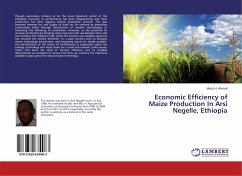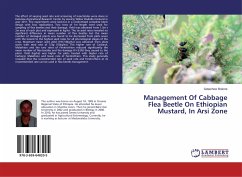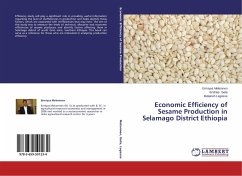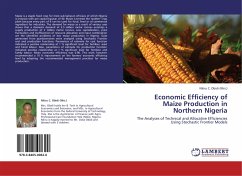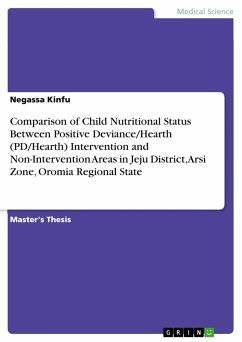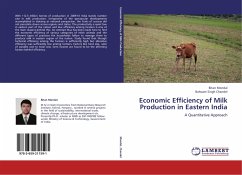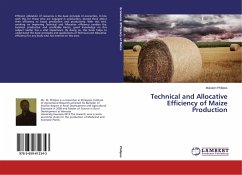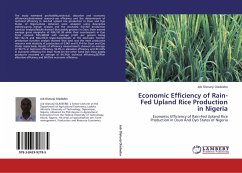Though agriculture remains to be the most important sector of the Ethiopian economy, its performance has been disappointing and food production has been lagging behind population growth. This gap between demand for and supply of food can be reduced by improving productivity either through introduction of modern technologies or improving the efficiency of production. However, as the potential to increase production by bringing more resources into use became more and more limited, the efficiency with which the farmers use available resources has received the utmost attention. In a poor country such as Ethiopia where technology introduction and increasing inputs are hardly possible, the identification of the extent of inefficiencies in production given the existing technology and input levels are crucial and relevant policy issues. Under this book the level of farmers efficiency and its possible determinates are analyzed to ensure that they can produce the maximum possible output given the resource base technology
Bitte wählen Sie Ihr Anliegen aus.
Rechnungen
Retourenschein anfordern
Bestellstatus
Storno

